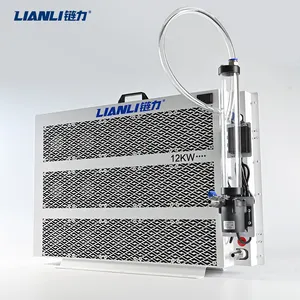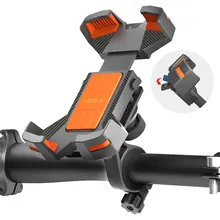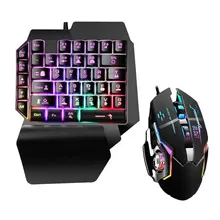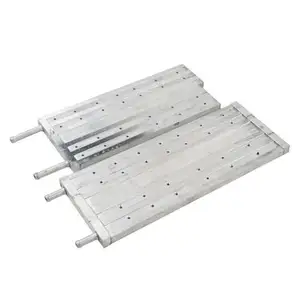Introduction to PC Radiators
PC radiators are critical components in modern computing, designed to dissipate heat from the CPU and other vital parts of a computer system. These devices are essential in maintaining optimal temperatures, ensuring that electronic components function efficiently and reliably. The category encompasses a range of products, from cpu radiator units to external pc radiator systems, each catering to different cooling requirements.
Types of PC Radiators
The variety of PC radiators available includes computer radiator solutions for both casual users and performance enthusiasts. Watercooling radiator options are popular for their efficiency in heat transfer and quieter operation. For those seeking advanced cooling solutions, pc water cooling radiator systems offer superior thermal management for high-performance computing tasks.
Applications and Features
PC radiators serve a multitude of applications, from gaming rigs to professional workstations. A cpu cooler radiator is specifically designed to handle the intense heat output of modern processors, while a computer cooling radiator can be part of a larger system that cools multiple components. Features such as the number of fins, the material of construction, and the presence of an integrated pc radiator fan can significantly affect the performance of these cooling systems.
Materials and Advantages
The materials used in PC radiators, such as aluminum or copper, are chosen for their thermal conductivity properties. A cpu water cooler radiator, for instance, often utilizes these materials to facilitate rapid heat dissipation. The advantages of using a high-quality PC radiator include prolonged hardware lifespan, stable system performance, and the potential for overclocking without overheating risks.
Choosing the Right PC Radiator
Selecting the appropriate radiator for a computer system depends on several factors, including the size of the case, the heat output of the components, and the desired noise level. An external radiator water cooling setup may be ideal for systems with limited internal space, while a radiator pc water cooling unit might be preferred for its ease of installation and maintenance within the chassis.
Integration in Cooling Systems
Integrating a PC radiator into a cooling system requires consideration of compatibility with other components, such as water blocks and pumps. A computer water cooling radiator is a central part of a liquid cooling loop, working in conjunction with these parts to provide efficient heat removal from the system.










































 浙公网安备 33010002000092号
浙公网安备 33010002000092号 浙B2-20120091-4
浙B2-20120091-4